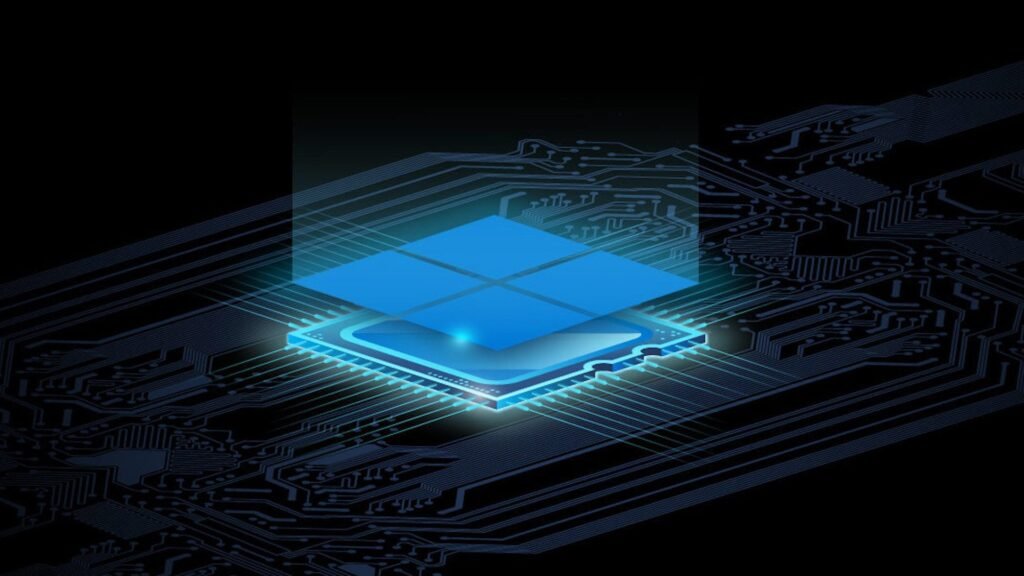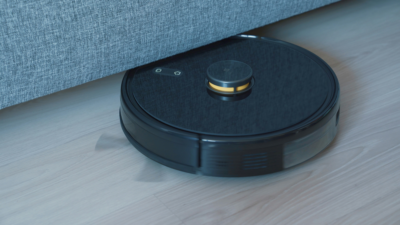Soon, Microsoft Copilot AI might operate locally on PCs

According to Intel, Tom’s Hardware, Microsoft’s Copilot AI service is configured to operate locally on PCs. The business said that built-in neural processing units (NPUs) with more than 40 TOPS (trillion operations per second) of power would be necessary for next-generation AI PCs, surpassing the capacity of any consumer processor now available.
The AI PCs would be able to run “more elements of Copilot” locally, according to Intel. At the moment, Copilot handles almost all tasks in the cloud, even simple queries. This produces a reasonable amount of lag, which is acceptable for bigger projects but undesirable for smaller ones. That latency would be reduced by adding local compute capacity, which might also enhance performance and privacy.
It was earlier reported that Microsoft would require 40 TOPS (in addition to a modest 16GB of RAM) for next-generation AI PCs. Except for performing video effects like background blurring for Surface Studio webcams, Windows currently doesn’t make significant use of NPUs. However, Ars Technica pointed out that NPU power is also used by both macOS and ChromeOS for other functions related to video and audio processing, including OCR, translation, live transcription, and more.
As of right now, the Apple M3 CPU, which comes with 18 TOPS in its family (M3, M3 Pro, and M3 Ultra), has the quickest NPU speed. Next with 16 and 10 TOPS, respectively, are laptop CPUs made by AMD, the Ryzen 8040 and 7040, and Intel’s Meteor Lake laptop, which also achieves 10 TOPS. Qualcomm’s Snapdragon X Elite, which boasts 45 TOPS of AI computation speed, may be the first processor powerful enough for Copilot.
When Intel’s Lunar Lake chips come in 2025, their NPU speeds will have tripled from what they currently have. The business unveiled 300 additional AI functions yesterday that were tailored especially for the OpenVino platform. Using its existing Meteor Lake silicon, the chip giant also unveiled an AI PC development kit based on the ASUS NUC Pro.
“We have intentions to create what we would refer to as an AI PC on the desktop side. The business said, “And then there’s also the next-generation AI PC, the 40 TOPS requirements; we have all of our different steps in our roadmap on how we cover all the different segments.”
RS News or Research Snipers focuses on technology news with a special focus on mobile technology, tech companies, and the latest trends in the technology industry. RS news has vast experience in covering the latest stories in technology.












